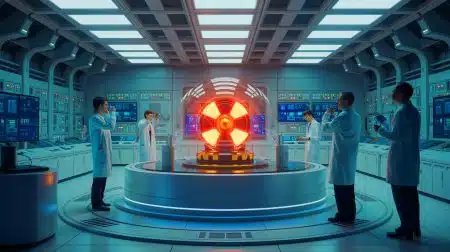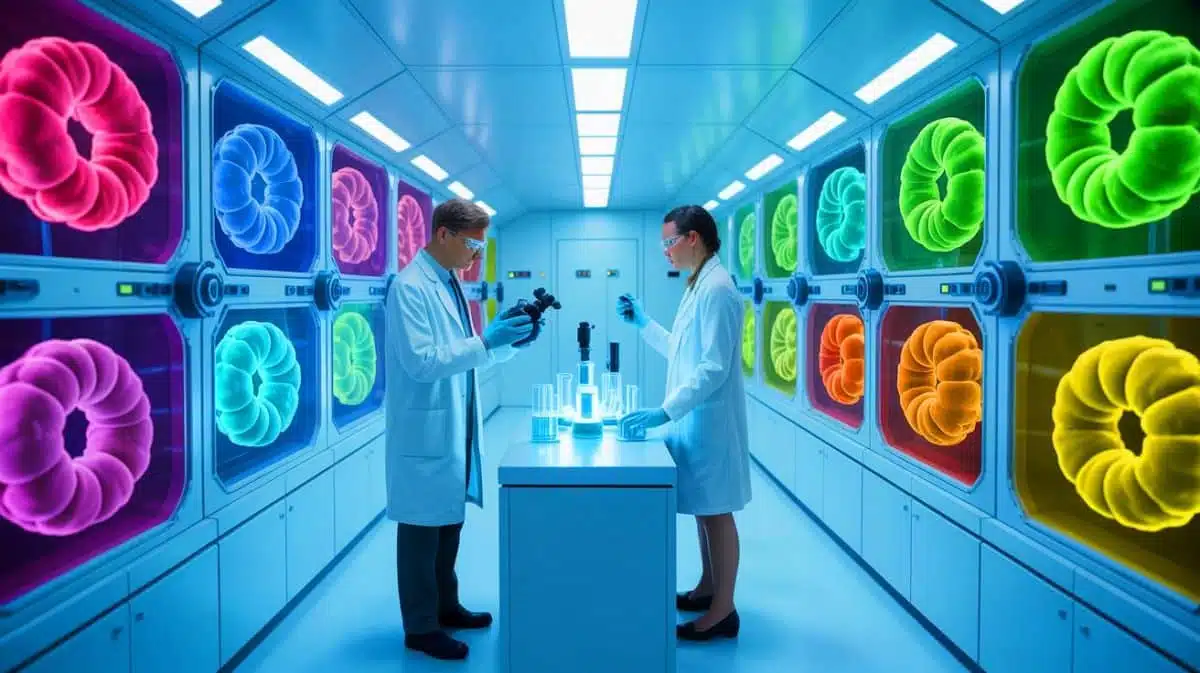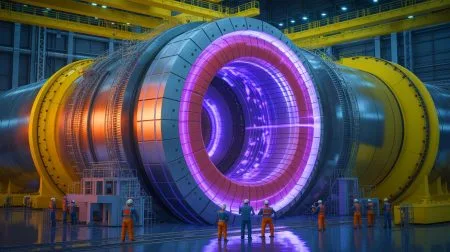| IN A NUTSHELL |
|
In a world increasingly aware of the fragility of ecosystems, both visible and invisible, a groundbreaking initiative is underway to safeguard one of our most overlooked resources: the human microbiome. This ambitious project, known as the Microbiota Vault Initiative, is focused on preserving the rich diversity of microbes found in human feces, aiming to prevent the loss of essential microorganisms critical to our health and environment. Inspired by the Svalbard Global Seed Vault, this effort is a scientific race against time, aiming to collect and store 10,000 fecal samples by 2029. The urgency of this initiative underscores the importance of microbial diversity in sustaining life on Earth.
Why We Are Freezing Human Waste
The very idea of freezing human waste might sound peculiar, but the scientific rationale is compelling and crucial. Our fecal matter is teeming with trillions of microbes that play essential roles in digestion, immunity, and even mental well-being. These tiny organisms form the human microbiome, a complex and delicate ecosystem that is increasingly at risk. Researchers have linked the loss of microbial diversity to a rise in chronic conditions like allergic, autoimmune, and metabolic disorders. Beyond human health, the erosion of microbial diversity threatens agricultural systems and environmental resilience.
Modern lifestyles, characterized by industrial agriculture, excessive antibiotic use, and the impacts of climate change, are accelerating this microbial decline. Scientists warn that this could leave future generations vulnerable to health crises and ecosystem collapses. With 1,204 fecal samples already secured, alongside 190 samples of fermented foods, the Microbiota Vault is a proactive step to counter this trend. Stored at a chilling minus 112°F, these collections represent a critical backup for life’s invisible allies.
Scaling Up for a Microscopic Revolution
The Microbiota Vault is transitioning from its initial phase, focused on logistics, to an expansive growth phase. This next step involves scaling up the number of samples and enhancing the diversity of preserved microbes, including those from fragile ecosystems at risk of disappearing. As researchers seek a permanent location for the vault, they are considering cold, stable environments like Switzerland or Canada to ensure long-term preservation, even in the event of power failures.
Importantly, the vault’s contents are not limited to human waste. Nearly 200 types of fermented foods, known for their gut-friendly bacteria, are also stored. These foods, including yogurt and kimchi, provide a rich source of lactic acid-producing bacteria and other beneficial microbes. The ultimate goal is to create a comprehensive backup of life’s unseen ecosystem, encompassing environmental microbes as well.
The Global Implications of Microbial Preservation
Preserving microbial diversity is not just a scientific endeavor; it is a moral obligation to future generations. Just as genetic diversity in seeds enables farmers to adapt to evolving climates and pests, microbial diversity could be key to developing future medical treatments, restoring damaged ecosystems, or rebuilding human microbiomes after disease outbreaks or environmental disasters.
The potential applications of these preserved microbes are vast. They could inform groundbreaking research in biotechnology, provide insights into ancient diets and health, or offer solutions to contemporary challenges in health and agriculture. The Microbiota Vault is thus positioned at the forefront of a microscopic revolution, one that could shape the future of medicine and ecology.
A Vision for the Future
As the Microbiota Vault Initiative progresses, it embodies a vision of preparedness and sustainability. The project is a testament to human ingenuity and foresight, recognizing the critical role of microbial diversity in the health of people and the planet. While current technology may not yet fully harness the potential of these frozen samples to restore ecosystems or human health, researchers remain optimistic.
Dr. Martin Blaser and his team believe that scientific advancements will eventually enable effective restoration techniques. Their work raises a broader question: in a rapidly changing world, how can we further integrate the preservation of invisible resources like microbes into our global conservation efforts?
Did you like it? 4.4/5 (20)








This is fascinating! I never thought we’d be freezing poop for science. 🤯
Is this really necessary? It sounds like something out of a sci-fi novel. 🤔
Thank you for raising awareness about the importance of microbial diversity!
How do they decide whose fecal samples are chosen for the vault?
Wait, so we’re storing poop now? What’s next? 😂
Can this initiative really prevent future health crises, or is it just a hopeful guess?
Great article! Preserving microbes is crucial for our future. 🌱
How secure is this vault? I mean, it’s not every day you hear about a “poop heist.” 😅
What happens if the vault loses power? Are all the samples lost?
Thank you for this well-written piece. It’s an important topic often overlooked.